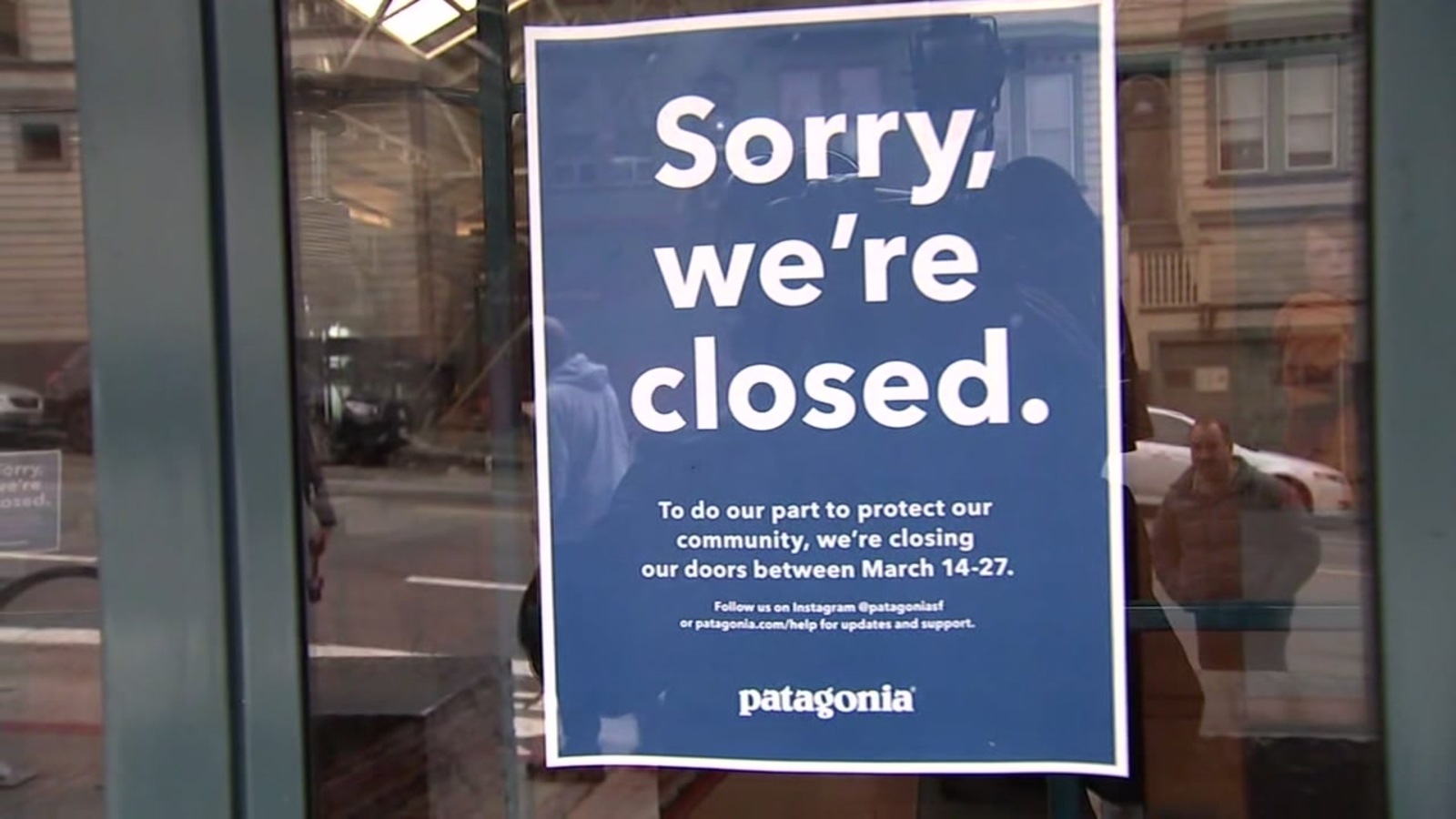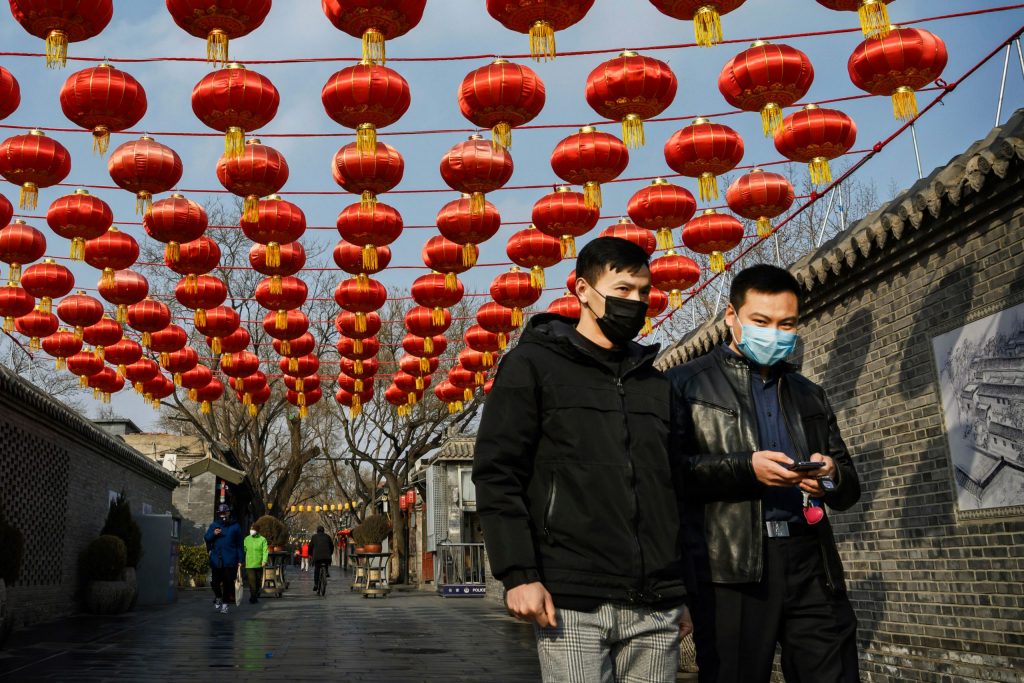RIO DE JANEIRO, BRAZIL – During a live event hosted by XP Investments on Sunday, March 29th, prominent executives — Mariano Gomide de Faria, CO-CEO of VTEX, one of the largest e-commerce companies in the world; Rony Meisler, founder of Reserva; Paulo Correa, CEO of C&A; and Rafael Brandão of Microsoft — spoke about the challenges of the retail sector and of expanding the services’ digital infrastructure in times of coronavirus.

The executives feel that this crisis is long and there will be many difficult times, as operations in physical stores have virtually stopped in multiple parts of the world because of the disease, but there will be lessons that will change the scenario for companies and consumer behavior once the pandemic is over.
“The crisis will provide us with aspects of survival that will change our future,” said Gomide of VTEX, pointing out that the power of simplicity will drive the power of reaction.
He points out some of the trends that should arise once the stores are reopened when the pandemic has passed, such as a greater trend toward digitalization even in the physical stores, their use as distribution centers, and the change in the role of the salesperson, who will no longer be “a mere salesperson” and will have to expand his/her scope of action in order to enhance consumer experience.
Gomide, who works in London where the company is headquartered, points out that Brazil acting early was a positive factor, as opposed to other European countries, such as the United Kingdom, Spain, Italy, and the Netherlands.
In this respect, amidst the discussions about whether or not to open trade, Paulo Correa, of C&A, points out that retail is ultimately a service to society and that, if the population is at home afraid to go out and become infected, it makes no sense to open stores.
In his opinion, this could lead to two problems: the first is the low turnover even after reopening (Correa considers that, even after the pandemic, consumption will be slow to pick up) and the second is that, in the event of a hasty reopening, the number of cases could greatly increase and lead to an even longer retail shutdown.
Therefore, Correa now points out that the company only has one store, the digital one: “this generates an exponential engagement for the digital change that was already occurring,” he says.
Meisler, of Reserva, emphasizes that there was a mobilization in the company to work remotely, and carefully assesses the steps to reopen stores.
He points out that the operational logic of business units should change and Reserva began to define its strategy weekly: “a partner told us that we had never been this productive. It is the first time in thirteen years of history that we have a single goal and a single objective, which is to come out of this madness alive and strong. The power of a single goal coupled with survival has an intangible power. We are 1,200 salespeople now”.

Dependence on China
Gomide also stresses another important element that was evidenced during the crisis: the dependence on several components coming from Chinese plants that, if they were to stop for another month, could compromise production on multiple levels around the world.
This crisis will lead to a geographical redistribution to other countries, including Brazil and Mexico, according to the executive. “If China failed to produce, we would come very close to a real crisis. Now, the current crisis is produced by the lockdown”, he says.
He believes that this should not be the greatest crisis that Brazil has ever faced, but that it will largely depend on the speed of reaction: “if society reacts quickly, Brazil will do better; it will take time, but it will do better”.
How to get the money to the tip
One of the issues raised as most worrying is how government aid to relieve the cash flow of businesses will reach small suppliers and traders, who have no cash to survive for long. Correa of C&A points out that there is a supply chain that relies on large retailers and insight is required to equate the issue.
“As compulsory capital reserves were freed up, there was stockpiling in banks – and this is critical for large entrepreneurs and suppliers,” he says.
For Correa, there is no way out of the crisis. But more than the dimension of the financial impact, there’s the impact on behavior, with more people using online shopping tools and with the prospect of different behavior by consumers, who will be more attached to their homes after a long period of quarantine.
“There’s a bigger story behind this and it’s going to affect what you consume; the consumer profile is going to be different from what we had until now,” he says.
Source: InfoMoney

